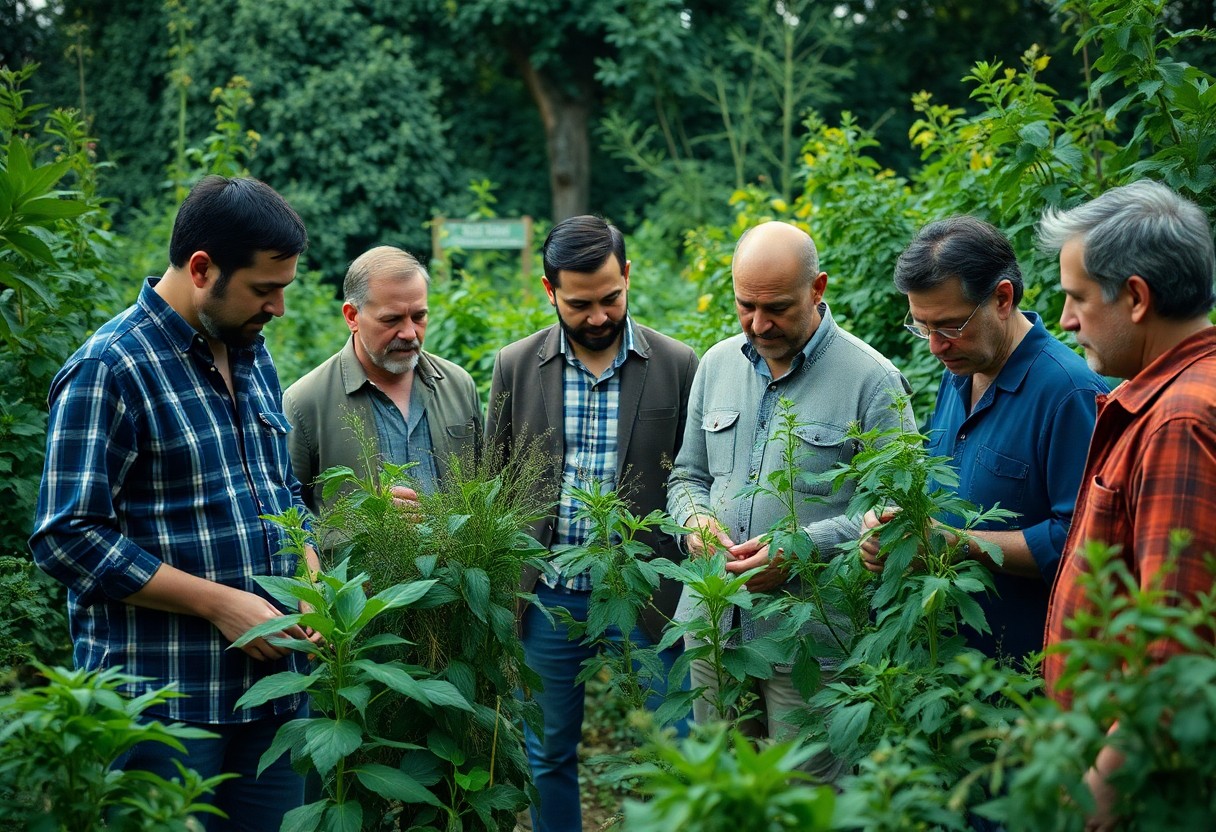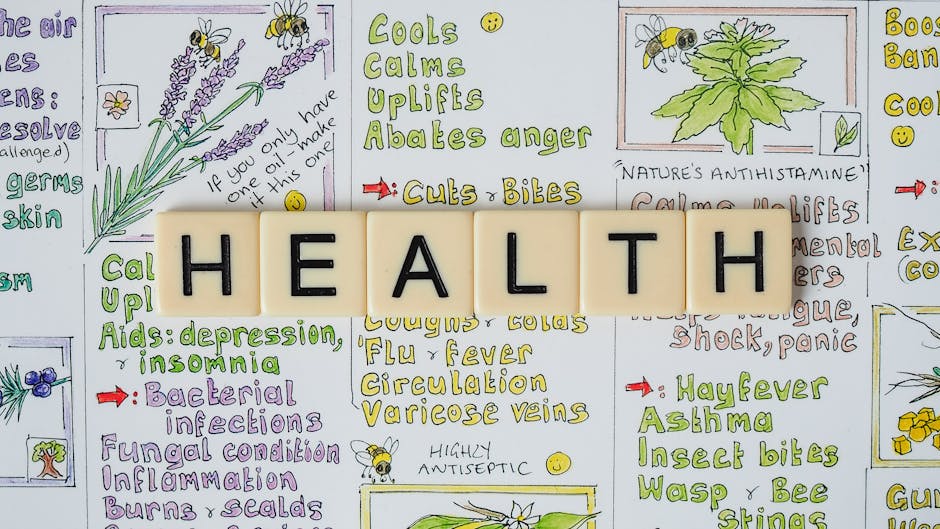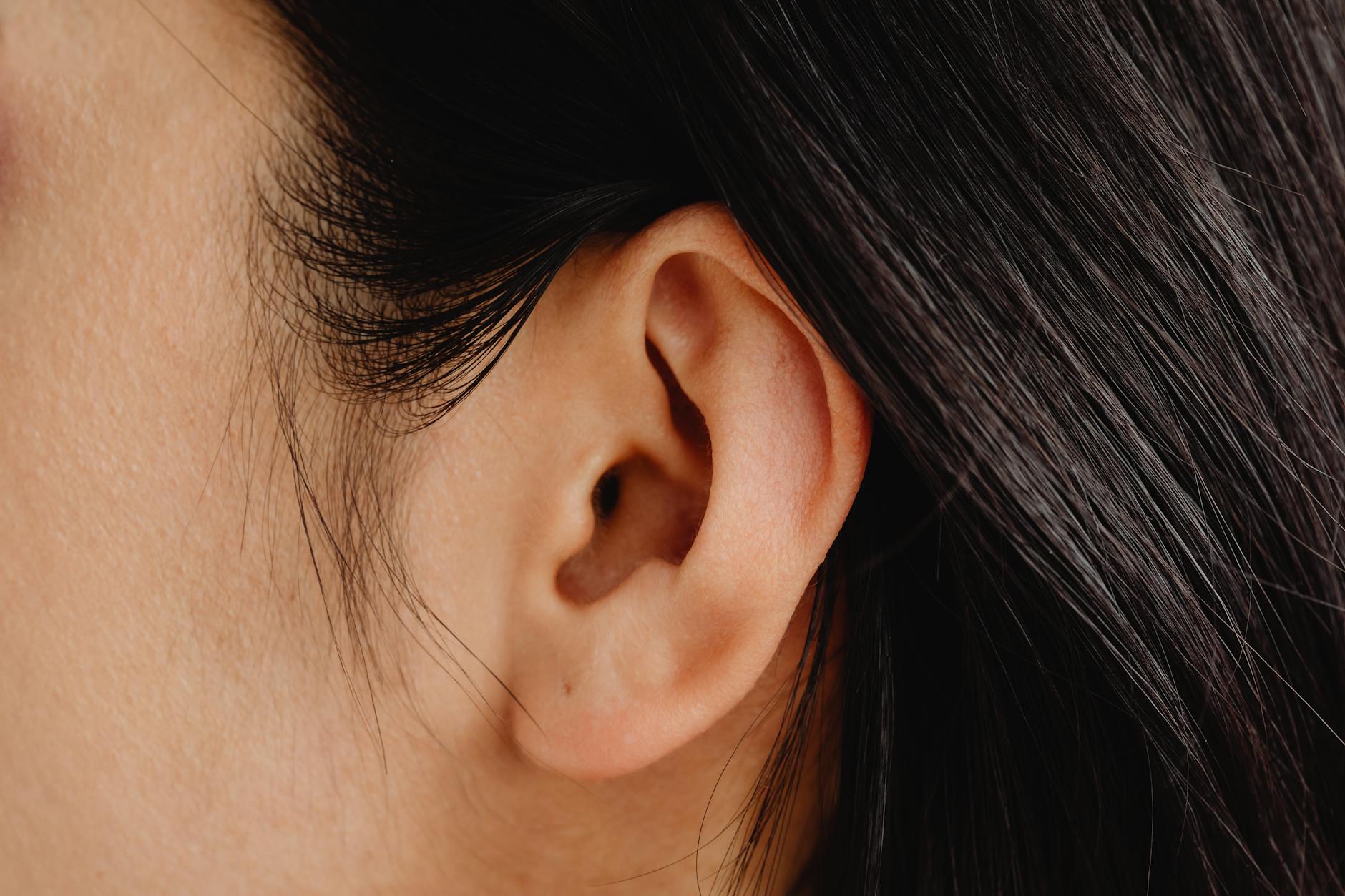It’s necessary to explore the potential benefits of ancestral herbal practices in relation to prostate health. As you explore into these time-honored remedies, you may discover various herbs that have been traditionally used to support prostate function and overall wellness. This blog post will guide you through the insights and evidence surrounding these natural treatments, helping you determine if they can play a role in your prostate protection strategy.
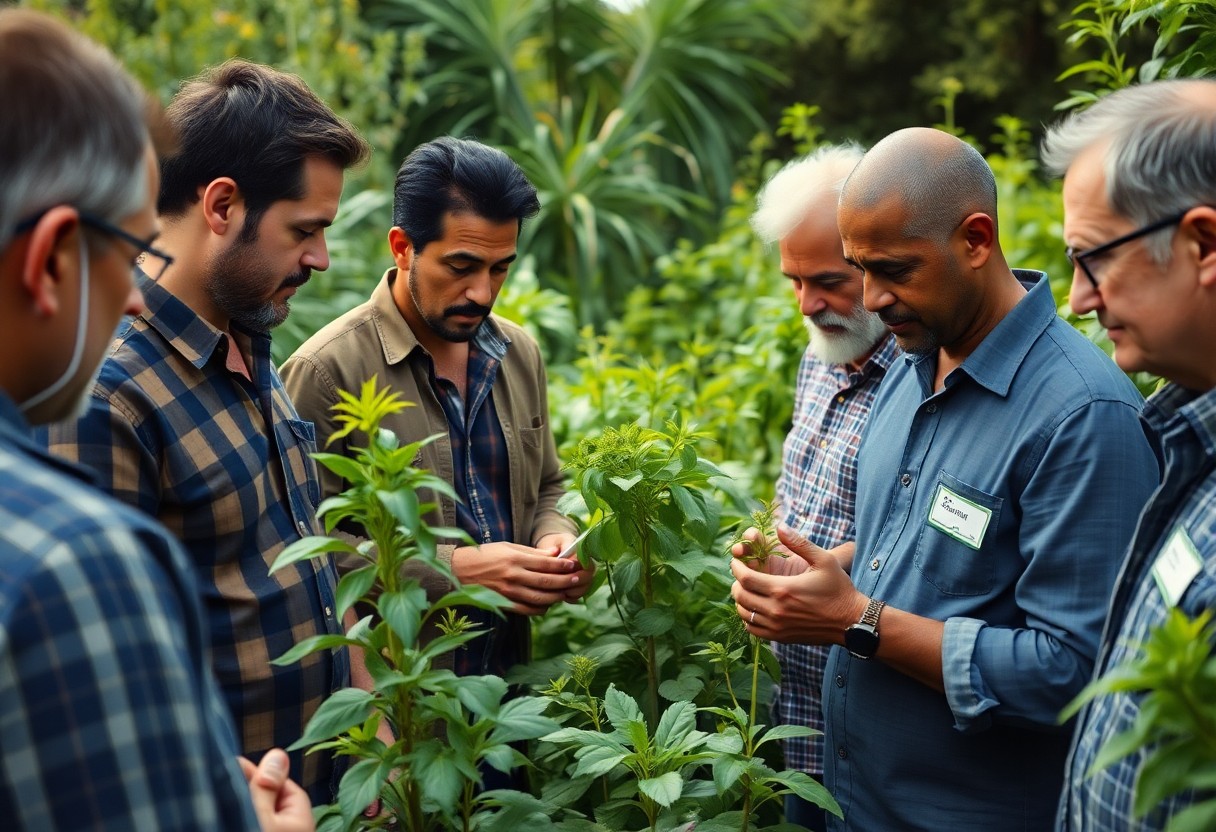
Understanding Prostate Health
While many people overlook prostate health, it is vital for men, especially as they age. The prostate plays a key role in reproductive health and hormone balance. Practicing awareness of your prostate health can lead to healthier lifestyle choices and potential protection from various prostate-related issues. By understanding the importance of maintaining this vital gland, you can take proactive steps towards better health and wellbeing.
Prostate Anatomy and Function
Before delving into common issues, it’s important to know that the prostate is a walnut-sized gland located below the bladder, surrounding the urethra. Its primary functions include producing seminal fluid, which nourishes and transports sperm during ejaculation. Understanding the anatomy and function of your prostate can help you recognize the significance it holds in your overall health.
Common Prostate Issues
The most common prostate issues include benign prostatic hyperplasia (BPH), prostatitis, and prostate cancer. Each of these conditions can affect your comfort and quality of life, making it important to stay vigilant about any symptoms or changes that may arise.
Consequently, recognizing the signs and symptoms of these conditions can be vital to addressing potential problems early. BPH often leads to urinary difficulties, while prostatitis may cause pain and discomfort. Prostate cancer, while common, can have varying outcomes based on early detection and treatment. By educating yourself about these issues, you empower yourself to seek appropriate medical advice and make informed lifestyle choices that support your prostate health.
Ancestral Herbal Practices
If you’re exploring ways to enhance your prostate health, ancestral herbal practices might be a natural avenue to consider. These traditions, passed down through generations, leverage the healing properties of various plants to support overall well-being. Many cultures relied on herbs as preventive measures, and their wisdom may offer modern insights into maintaining prostate health.
Historical Use of Herbs
One of the earliest records of herbal medicine dates back to ancient civilizations, where herbs were utilized not just for culinary purposes but also for their medicinal properties. Cultures such as the Chinese, Indians, and Egyptians documented herbal remedies, often targeting specific ailments, including those related to prostate health. This historical context reinforces the idea that herbs have long been valued for their therapeutic benefits.
Key Herbs for Prostate Health
Herbal remedies often include specific plants recognized for their supportive role in maintaining prostate health. You might find herbs like saw palmetto, pygeum, and nettle root frequently discussed in relation to prostate well-being. Each of these herbs offers unique properties that can potentially aid in managing symptoms associated with prostate enlargement and overall health.
Herbs such as saw palmetto, pygeum, and nettle root have been studied for their role in promoting prostate health. Saw palmetto is known to help reduce urinary symptoms associated with benign prostatic hyperplasia (BPH), while pygeum is traditionally used to improve urinary flow and reduce nighttime urination. Nettle root may also contribute to inflammation reduction and improved prostate function. Incorporating these herbal remedies into your routine could provide a holistic approach to supporting your prostate health.
Mechanisms of Action
Some ancestral herbal practices may provide support for prostate health through various mechanisms. These herbs can modulate hormonal balance, influence metabolic pathways, and support the overall function of the prostate. For optimal benefits, you may consider incorporating Ancestral Supplements Mofo, Supplements for Men, … into your regimen. This may help in harnessing the potential of these ancient remedies for modern prostate health needs.
Anti-inflammatory Properties
Against chronic inflammation, certain herbs are known to possess soothing properties that can alleviate discomfort and support prostate health. By mitigating inflammation, these herbal practices may contribute to healthier prostate function over time.
Antioxidant Benefits
One important aspect of prostate health is the role of antioxidants, which help combat oxidative stress. This stress can lead to cellular damage and has been linked to various prostate issues. By introducing antioxidant-rich herbs into your diet, you can enhance your body’s defense against harmful free radicals.
Indeed, antioxidants play a vital role in prostate health by protecting your cells from damage and promoting overall well-being. By incorporating antioxidant-rich herbal practices into your lifestyle, such as consuming superfoods and teas known for their high antioxidant content, you can support your body’s ability to repair and maintain prostate function. Making these choices can empower you to actively protect your prostate health and improve your quality of life.
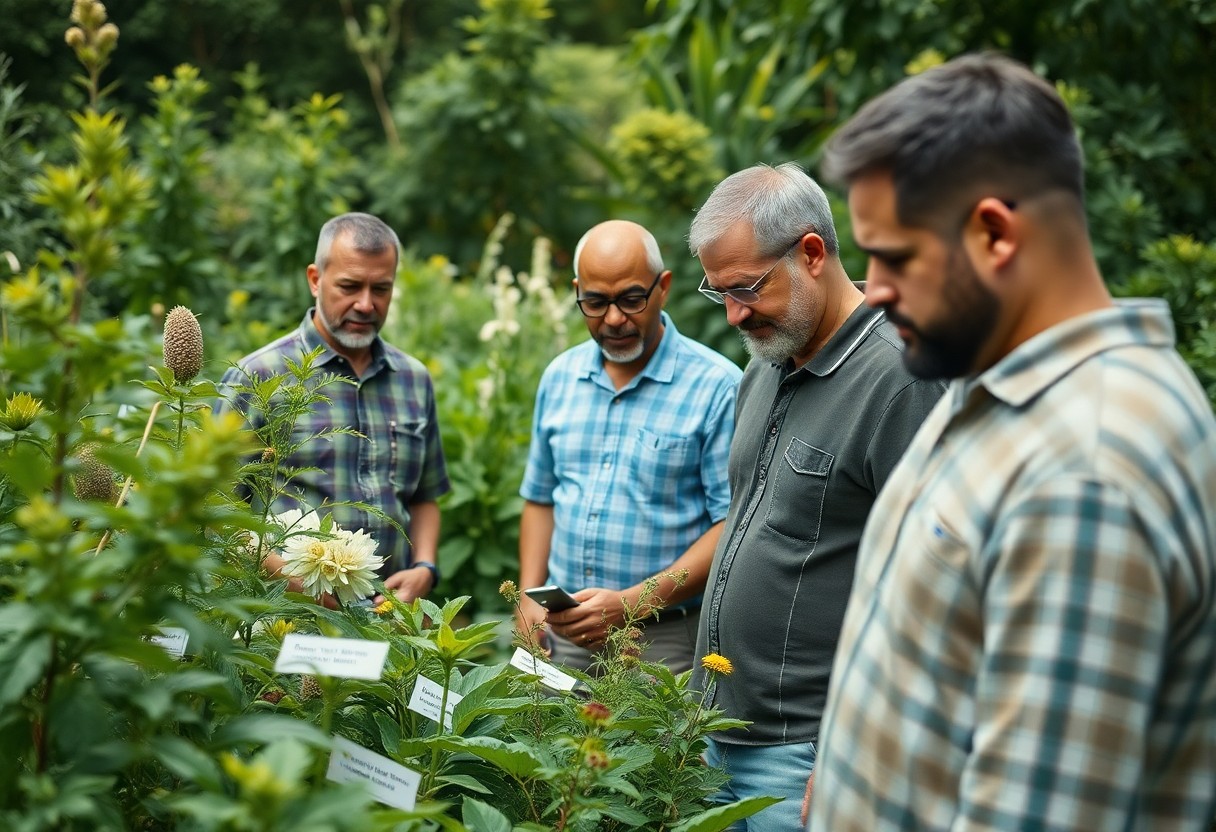
Modern Research and Evidence
Now, a growing body of research has begun to explore the potential of ancestral herbal practices in supporting prostate health. Various studies indicate that specific herbs traditionally used in ancestral medicine possess properties that may help in preventing prostate issues. This modern investigation sheds light on the efficacy of these remedies, highlighting their possible roles in a holistic approach to prostate protection.
Clinical Studies on Herbal Remedies
Herbal remedies have increasingly been the focus of clinical studies assessing their impact on prostate health. Research has shown promising results, with certain herbs demonstrating anti-inflammatory and antioxidant effects that may contribute to overall prostate function. These studies suggest that incorporating specific herbal supplements into your routine could be beneficial, although more research is needed to establish clear guidelines.
Limitations and Considerations
For you to fully appreciate the benefits of herbal remedies, it’s important to consider the limitations inherent in current research. Many studies have small sample sizes, lack standardization in herb potency, and vary in methodologies, which can affect the reliability of findings.
Due to these limitations, you should approach the findings with cautious optimism. While some herbal remedies show promise for prostate health, variations in individual responses and the quality of products available can impact results. Consulting with a healthcare professional before starting any herbal regimen is necessary to ensure a safe and effective approach tailored to your unique needs. This way, you can maximize potential benefits while mitigating any risks associated with herbal supplements.
Integrating Herbal Practices into Modern Medicine
For those interested in prostate health, integrating herbal practices into modern medicine may be beneficial. Research indicates that specific herbs can play a role in reducing the risk of prostate issues. You can explore more about naturally used herbal methods to reduce the risk of prostate problems, combining traditional wisdom with contemporary health strategies.
Complementary Approaches
By incorporating herbal remedies alongside conventional treatments, you can enhance your overall health and support prostate well-being. This holistic approach often leads to improved results and a better quality of life.
Consultations with Healthcare Providers
Providers play a key role in your health journey by advising on the safe integration of herbal practices with traditional medicine. It’s important to discuss any herbal supplements or changes in your regimen with a healthcare professional to ensure effective and safe treatment options.
Plus, consulting with your healthcare provider allows you to receive tailored advice based on your personal health history and current treatments. They can help you navigate potential interactions between herbs and medications, ensuring a well-coordinated approach to your prostate health.
Potential Risks and Side Effects
Unlike conventional medicine, ancestral herbal practices may carry certain risks and side effects that you should be aware of. While herbal remedies can offer benefits, they can also lead to adverse reactions, especially if taken in excessive amounts or without proper guidance. Be vigilant for signs of allergic reactions or gastrointestinal issues and always consult healthcare professionals before starting any new herbal regimen to ensure your safety.
Herbal Interactions with Medications
On occasion, the herbs you choose may interact with medications you are currently taking, leading to unwanted effects. It’s vital to inform your healthcare provider about any herbal supplements you’re considering to avoid potential interactions that could compromise your health or the efficacy of your medications.
Safe Usage Guidelines
Potential side effects can be minimized by adhering to safe usage guidelines, including consulting with a healthcare professional, starting with low doses, and tracking your body’s response. This approach helps to ensure that you are not only deriving the benefits of herbal practices for prostate health but also prioritizing your overall well-being.
Due to the variability in individual responses to herbs, it’s advisable to establish your own baseline by slowly introducing one herbal remedy at a time. Keeping a journal can aid in tracking any changes or side effects you experience, helping you to make informed decisions about which herbs are effective for you. Additionally, sourcing high-quality, reputable products can further enhance safety and efficacy, aligning with your health goals.
Final Words
As a reminder, exploring ancestral herbal practices for prostate protection may provide you with valuable insights and options for maintaining your prostate health. While these traditions offer a wealth of knowledge, it’s necessary to combine them with modern medical advice and research. Always consult your healthcare provider before making any significant changes to your health regimen. By doing so, you can make informed choices that contribute positively to your well-being.
Q: What are ancestral herbal practices, and how are they related to prostate health?
A: Ancestral herbal practices refer to traditional methods of utilizing herbs and natural remedies passed down through generations, often rooted in indigenous or folk medicine. These practices aim to promote overall health and well-being, including specific concerns like prostate health. Certain herbs, such as saw palmetto, stinging nettle, and turmeric, have been traditionally used for their potential anti-inflammatory and anti-oxidative properties, which may contribute to maintaining prostate function and reducing the risk of conditions such as benign prostatic hyperplasia (BPH) or prostate cancer.
Q: Are there scientific studies that support the effectiveness of these herbal remedies for prostate protection?
A: Yes, there are several studies that have explored the effects of specific herbal remedies on prostate health. For example, research has indicated that saw palmetto can help alleviate symptoms associated with BPH, and its impact on prostate size and urinary flow has been documented. Additionally, studies on other herbs like green tea extract and pygeum have shown promising results in terms of prostate health benefits. However, while many of these studies provide encouraging findings, more extensive clinical research is needed to confirm their effectiveness and understand the mechanisms involved.
Q: Can ancestral herbal practices be safely integrated with modern prostate treatments?
A: In many cases, ancestral herbal practices can be integrated with modern prostate treatments, but it is crucial to consult a healthcare provider before doing so. Some herbal remedies may interact with conventional medications or affect treatment outcomes. A healthcare professional can help assess the safety and efficacy of combining these practices based on individual health needs and existing conditions. It’s important to approach the integration of herbal practices with caution and full awareness of potential interactions.

